If Iran's Supreme Leader Ali Khamenei falls, who would replace him?

Israeli Defense Minister Israel Katz said Thursday that Iran's Supreme Leader Ali Khamenei "cannot be allowed to exist" following the impact of an Iranian missile on a hospital in southern Israel, putting the Iranian leader back in the spotlight.
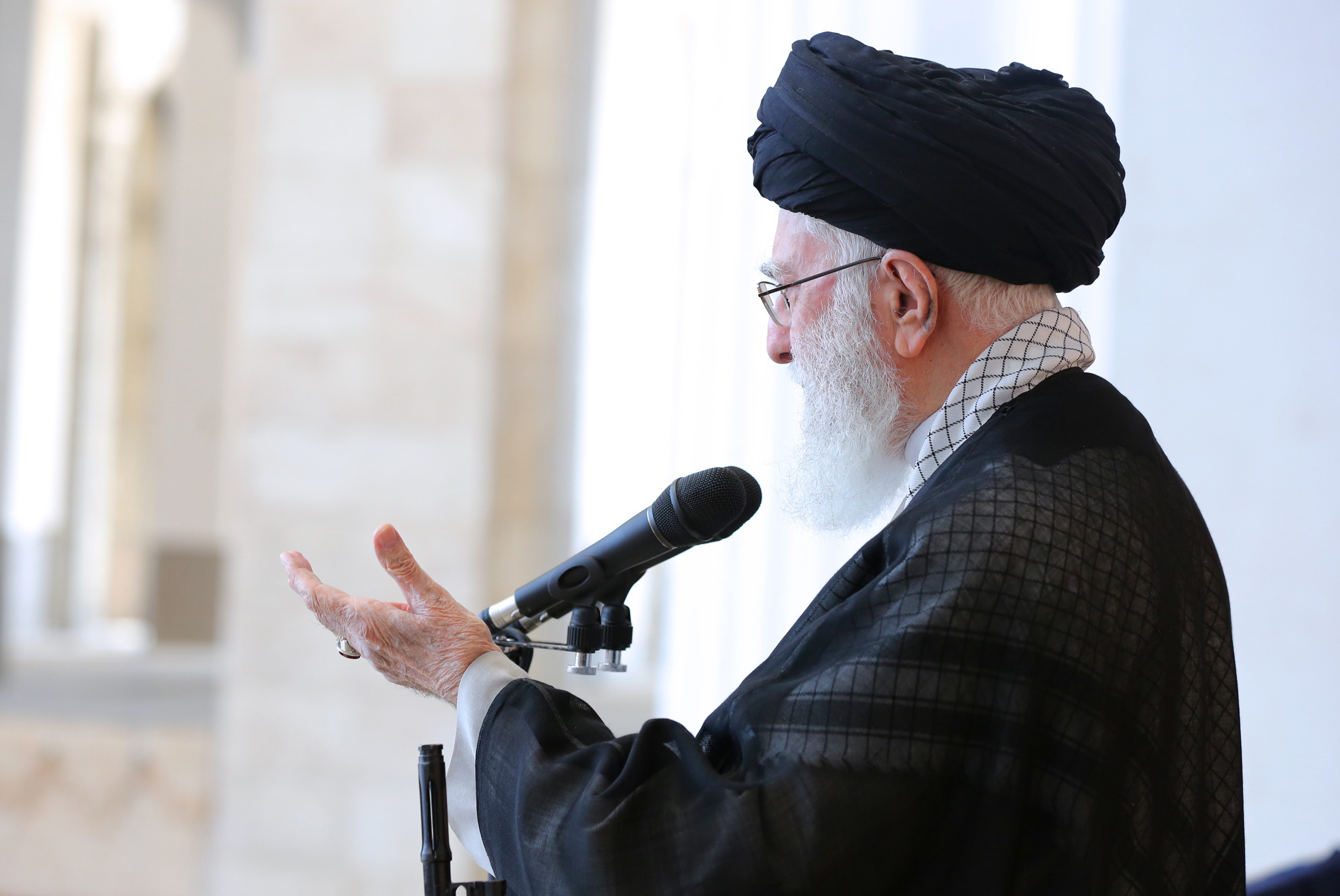
Ali Khamenei has ruled Iran since the 1979 Islamic Revolution. Photo: EFE
But the fall of Iran's supreme leader, Ali Khamenei, would not guarantee the establishment of a democratic regime in the country, where the opposition is deeply divided, analysts say.
Israel's June 13 bombing of nuclear and ballistic missile installations in Iran, as well as infrastructure such as the state-owned broadcaster (IRIB), leaves little doubt that the goal is regime change.
US President Donald Trump claims to know where Khamenei is hiding, but the possibility of the ayatollah, who has ruled Iran since the 1979 Islamic revolution , being overthrown raises many questions.
In Europe, many governments fear that the fall of the Iranian regime would have consequences as negative as those of the US-led invasion of Iraq in 2003 or the NATO intervention in Libya in 2011.
The fall of Saddam Hussein's regime in Iraq and Muammar Gaddafi's in Libya ushered in years of chaos and violence in both countries.
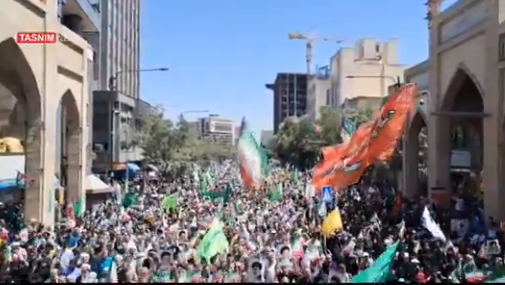
Protests in Tehran, Iran, against Israeli attacks. Photo: @ali_naka / X
" The biggest mistake now would be to seek regime change in Iran through military means because that would lead to chaos," French President Emmanuel Macron said Tuesday at the G7 summit in Canada.
"Does anyone believe that what was done in Iraq in 2003 (...) or in Libya a decade ago was a good idea? No!" he asserted.
Many analysts believe that overthrowing Khamenei and the Islamic Republic's government would create a vacuum that could be filled by hardliners such as the Iranian Revolutionary Guard or the military.
"Israeli attacks appear to be more focused on regime change than on nonproliferation" of nuclear weapons, notes Nicole Grajewski of the Washington-based Carnegie Endowment think tank.
"Of course, Israel is attacking ballistic missiles and related military facilities, but they are also attacking leaders and symbols of the regime" such as public television, he told AFP .
"If the regime were to fall, the hope would be for a liberal, democratic government (...) However, there is a high probability that other powerful entities like the Revolutionary Guards would emerge as a replacement," the analyst added.
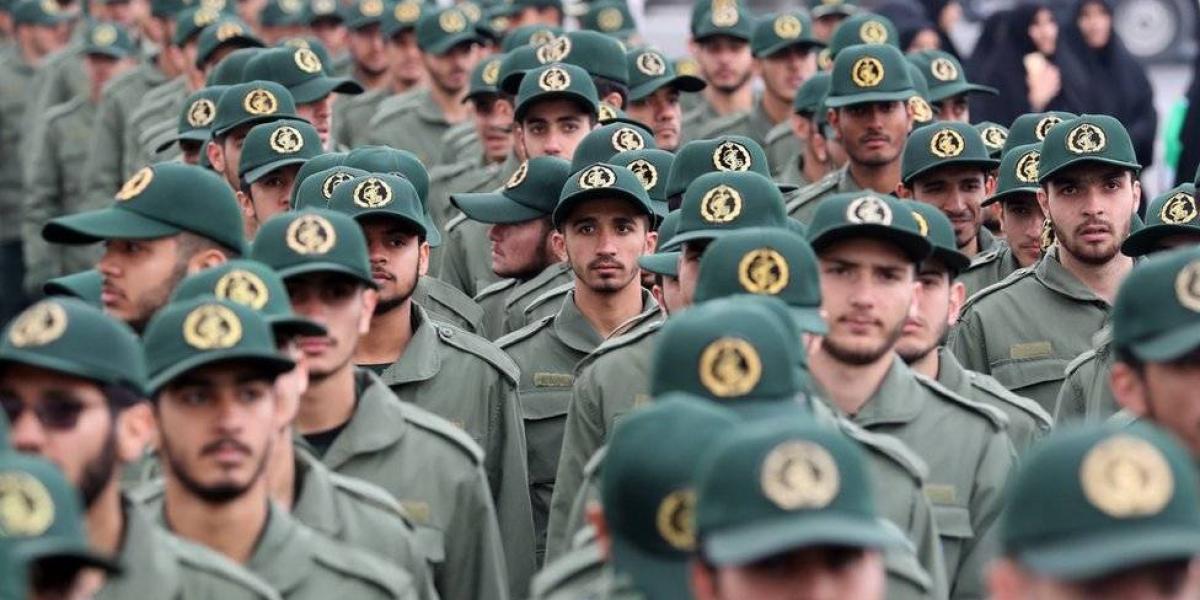
Members of the Iranian Revolutionary Guard. Photo: EPA
Reza Pahlavi, son of Mohamed Reza Pahlavi, the ousted Shah of Persia, is a leading opposition figure who claims the Islamic Republic is "on the verge of collapse" and that Khamenei is hiding like a "frightened rat."
Pahlavi, who lives in the United States, wants to restore the good relationship that existed between his late father and Israel, but lacks widespread support within Iran or among exiles.
The nationalism of its supporters and its ties to Israel are controversial, as is its refusal to condemn Israeli airstrikes against Iran.
Another opposition group is the so-called People's Mujahideen Organization of Iran (PMOI) , whose leader Mariam Rajavi told the European Parliament on Wednesday that "the people of Iran want to overthrow this regime."
However, WIPO lacks the support of other opposition groups, and some Iranians are suspicious of its support for Saddam Hussein during the Iran-Iraq War.
According to Thomas Juneau, a professor at the University of Ottawa, "in the event of a collapse, there is no organized democratic alternative."
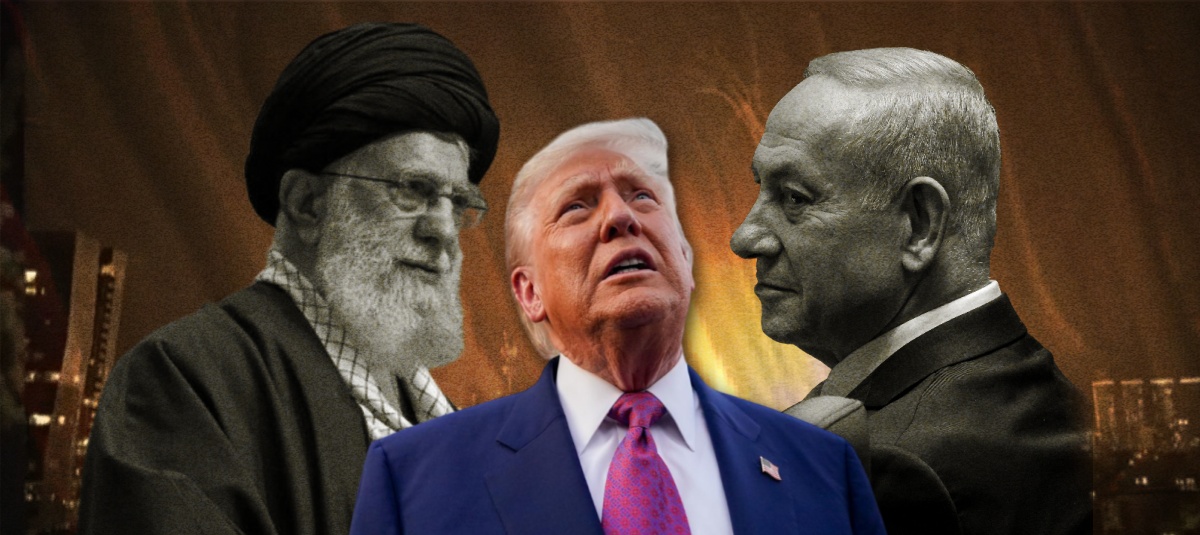
Trump seeks to negotiate a deal with Iran, but Israeli attacks torpedo that goal. Photo: EL TIEMPO Archive / AFP and EFE Agencies
"The only alternative, and this is one of the most worrying scenarios, is a coup by the Revolutionary Guards , that is, moving from a theocracy to a military dictatorship," the expert points out.
Analysts also warn of Iran's complex ethnic makeup, with Kurdish, Arab, Baluchi, and Turkic minorities coexisting alongside the Persian population.
The Iranian diaspora, between anxiety and hope for regime change From Frankfurt to Berlin to London to Paris, everyone is worried about what the future holds for Iran and the Middle East, following this military escalation that has left numerous victims.
" The Iranians have to decide for themselves how to get rid of the mullahs (ayatollahs) , without foreign interference," said a restaurant manager in Frankfurt, "furious" about the Israeli offensive.
And the Iranian diaspora is "divided," admits Hamidreza Javdan, an actor living near Paris. "Some say 'no one has the right to attack our country,' others think this is okay, and some support Trump..."
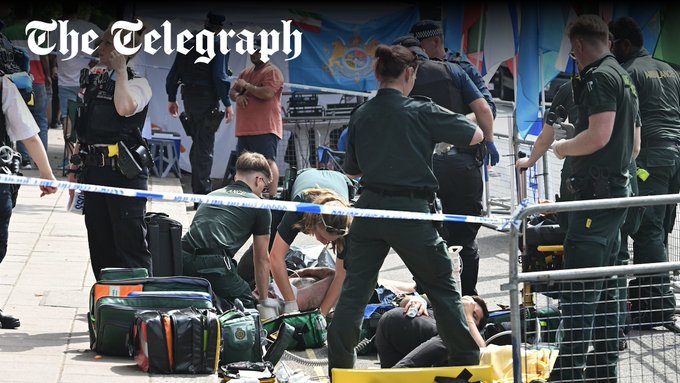
Protesters arrested outside the Iranian embassy in London. Photo: @Telegraph / X
This 71-year-old native of Tehran believes that "history is moving forward" and maintains "hope" for a political transition.
"Innocent people are dying, but it seems like war is the only solution to truly change things . How many demonstrations have there been? And nothing has happened," explains Paria, 32, the manager of an Iranian restaurant in London.
Paria says this in particular reference to the 2022 popular uprising, motivated by outrage over the dress code imposed on women and repressed by the authorities.
And while she wants regime change, "we're worried about what might happen," says her mother, Mona, 65, who has lived in London for three decades.
Added to the fear of the unknown is the anxiety for relatives and friends who remain in Iran.
An Iranian teacher contacted in Frankfurt is concerned because she hasn't been able to speak to a friend living in northern Tehran since Friday.
"We still have family and friends in Iran, in Tehran. They're fleeing north. We're very worried about them ," Paria confides in London.
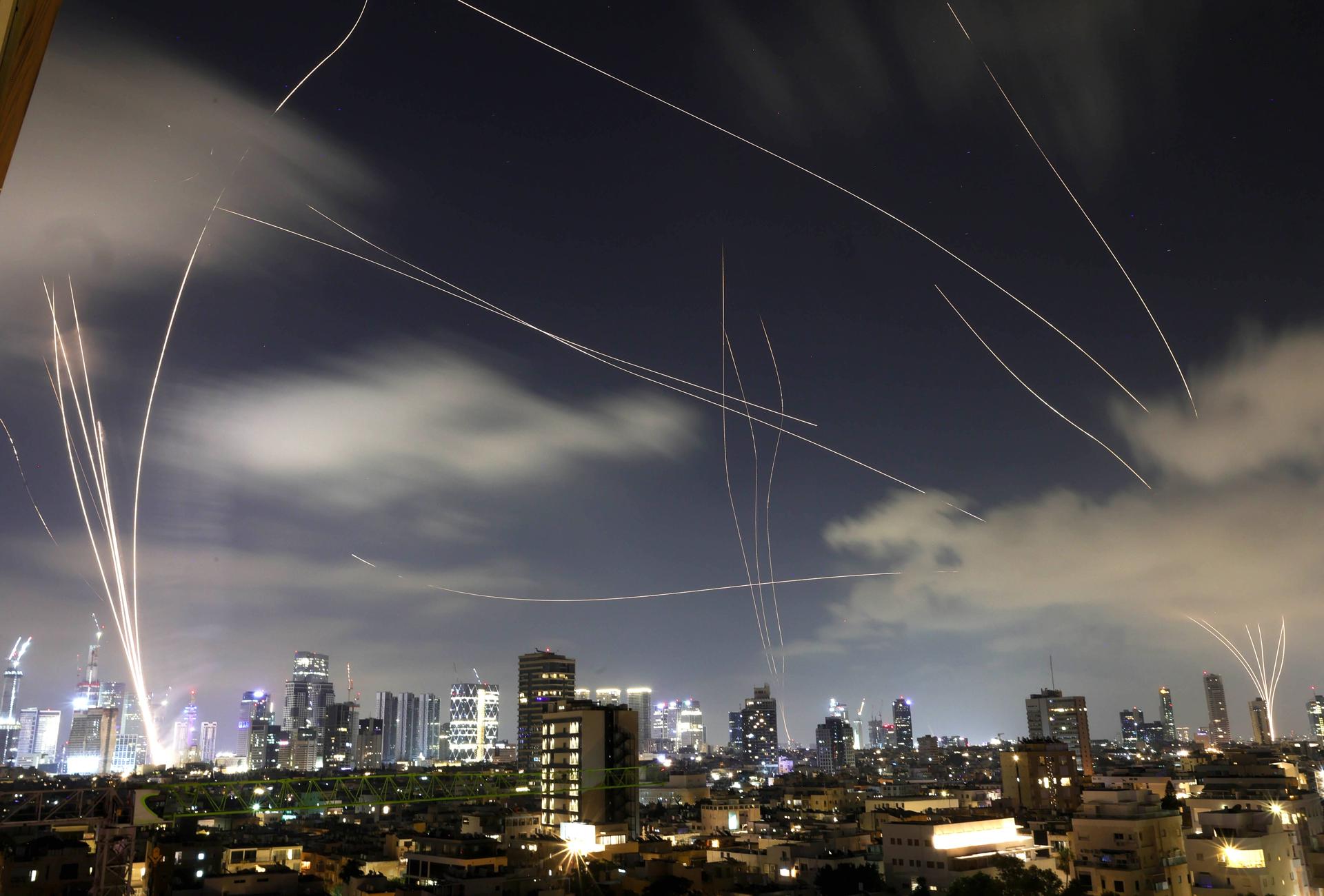
Iran-Israel War; June 17. Photo: EFE
Actor Hamidreza Javdan received a call from his brother on Monday, and is distressed by the evacuation orders.
"My brother has limited mobility; he can't just leave Tehran. And besides, Tehran has 10 million people—where are they going to go?" he asks.
Ali, who lives in London, is also very concerned about his family.
"I am truly shocked (...) I have family in Iran, in Kermanshah," in the west of the country, "who have been bombed."
"I've never supported the Iranian regime, I don't like it," says the 49-year-old. "But who's going to suffer? The people."
An Iranian translator from Berlin, who prefers to remain anonymous, has one hope: "That this war will end the mullahs' regime. I hope so with all my heart. And then, all these deaths will not have been in vain."
eltiempo





